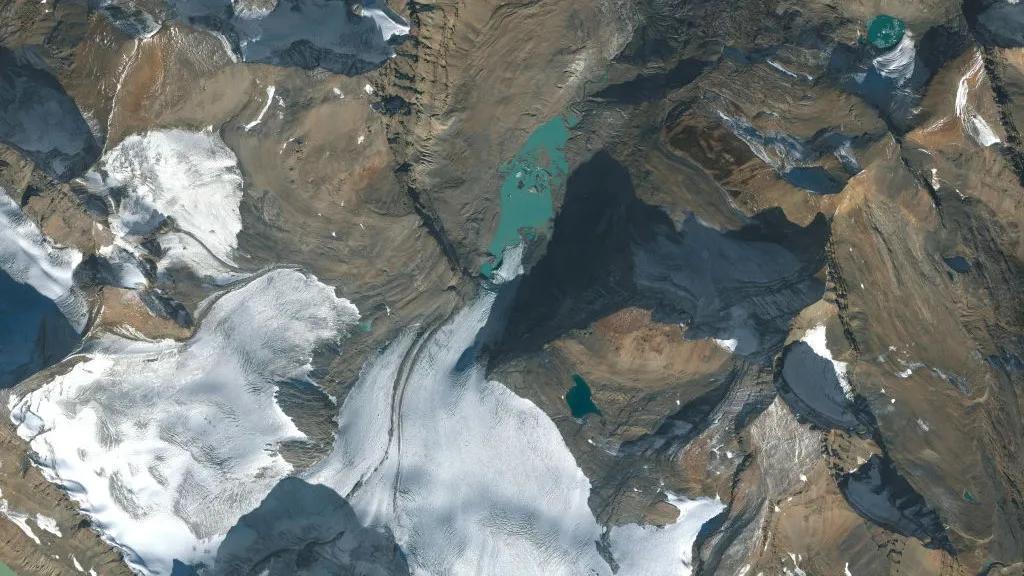
North America & Europe’s Glaciers Lost Unprecedented Ice in 4 Years: Study
In a worrying trend, a recent study has revealed that glaciers in North America and Europe have experienced an unprecedented loss of ice over the past four years. The research, published in the journal Geophysical Research Letters, found that glaciers in Washington, Montana, British Columbia, Alberta, and the Swiss Alps lost a staggering amount of ice between 2021 and 2024.
The study, which analyzed data from 2021 to 2024, revealed that the glaciers in these regions suffered a significant loss of ice, with some shrinking by as much as 13%. The findings are a stark reminder of the devastating impact of climate change on the world’s glaciers.
According to the study, the glaciers in the United States and Canada lost an average of 24.5 billion tons of ice per year over the four-year period. In contrast, the Swiss Alps glaciers lost an average of 1.7 billion tons of ice annually. To put this into perspective, the total amount of ice lost by the glaciers in the United States and Canada over the four-year period is equivalent to the volume of ice in 1,300 Empire State Buildings.
The study’s findings are particularly concerning because the rate of ice loss is accelerating at an alarming rate. Between 2010 and 2020, the glaciers in the same regions lost an average of 12.1 billion tons of ice per year. However, over the past four years, this rate has more than doubled, with an average loss of 24.5 billion tons per year.
The researchers behind the study used a combination of satellite imagery and field measurements to track the changes in the glaciers’ size and shape over the past four years. They found that the majority of the ice loss was due to the melting of the glaciers’ surfaces, rather than calving – the breaking off of icebergs from the glaciers’ edges.
So, what are the implications of this unprecedented ice loss? The answers are far-reaching and concerning. For one, the loss of ice is contributing to sea level rise, which poses a significant threat to coastal communities and ecosystems around the world. Additionally, the melting of glaciers is altering the global water cycle, leading to changes in river flows, droughts, and floods.
The study’s findings are also a stark reminder of the need for immediate action to address climate change. The Intergovernmental Panel on Climate Change (IPCC) has warned that the world has just over a decade to take drastic action to limit global warming to 1.5°C above pre-industrial levels and avoid the most catastrophic impacts of climate change.
In conclusion, the study’s findings are a wake-up call for governments, policymakers, and individuals around the world. The loss of ice from North America and Europe’s glaciers is a pressing issue that requires immediate attention and action. As the world grapples with the challenges posed by climate change, it is essential that we prioritize the protection of our planet’s glaciers and take bold steps to reduce our carbon footprint.
Source:
https://agupubs.onlinelibrary.wiley.com/doi/10.1029/2025GL115235






